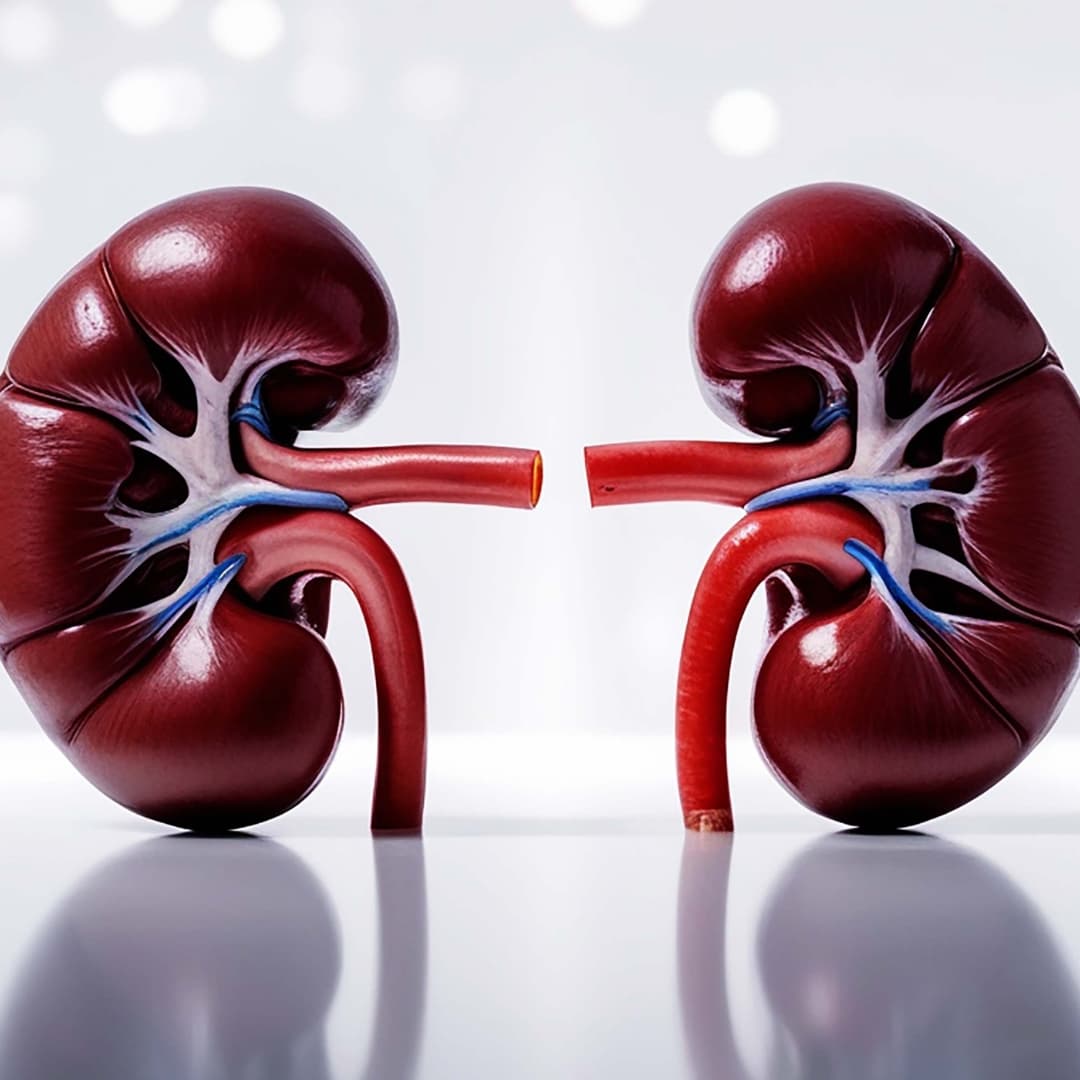Interventional Nephrology & Renal Imaging
Interventional Nephrology focuses on minimally invasive procedures and imaging techniques to diagnose and manage kidney-related conditions. Renal imaging, including ultrasound, Doppler, and advanced scans, helps assess kidney structure, blood flow, and function. Combined with interventional procedures such as vascular access placement, biopsy, and catheter insertions, it ensures accurate diagnosis and effective treatment.

Symptoms (When to Consider Interventional Care)
- Difficulty or complications with dialysis access
- Unexplained kidney swelling or pain
- Persistent high blood pressure unresponsive to medication
- Abnormal lab results indicating kidney dysfunction
- Blood in urine or unexplained urinary issues
Causes (Why These Tests/Procedures Are Needed)
- To evaluate structural or functional kidney problems
- To establish or manage dialysis access (catheters, fistulas)
- For biopsy to confirm kidney diseases
- To detect renal artery stenosis or blood flow abnormalities
- To guide treatment in complex kidney disorders
Safe Practices for Kidney Procedures
- Do's
- Follow pre- and post-procedure instructions carefully
- Inform your doctor about all medications before any intervention
- Keep dialysis access sites clean and protected
- Go for regular imaging follow-ups as advised
- Report any pain, bleeding, or swelling after procedures immediately Don'ts
- Don't skip recommended imaging tests if suggested by your nephrologist
- Avoid heavy lifting or strain after access procedures
- Don't delay biopsy or vascular interventions if required
- Avoid self-removal or manipulation of catheters
- Don't ignore persistent symptoms or sudden changes in health
